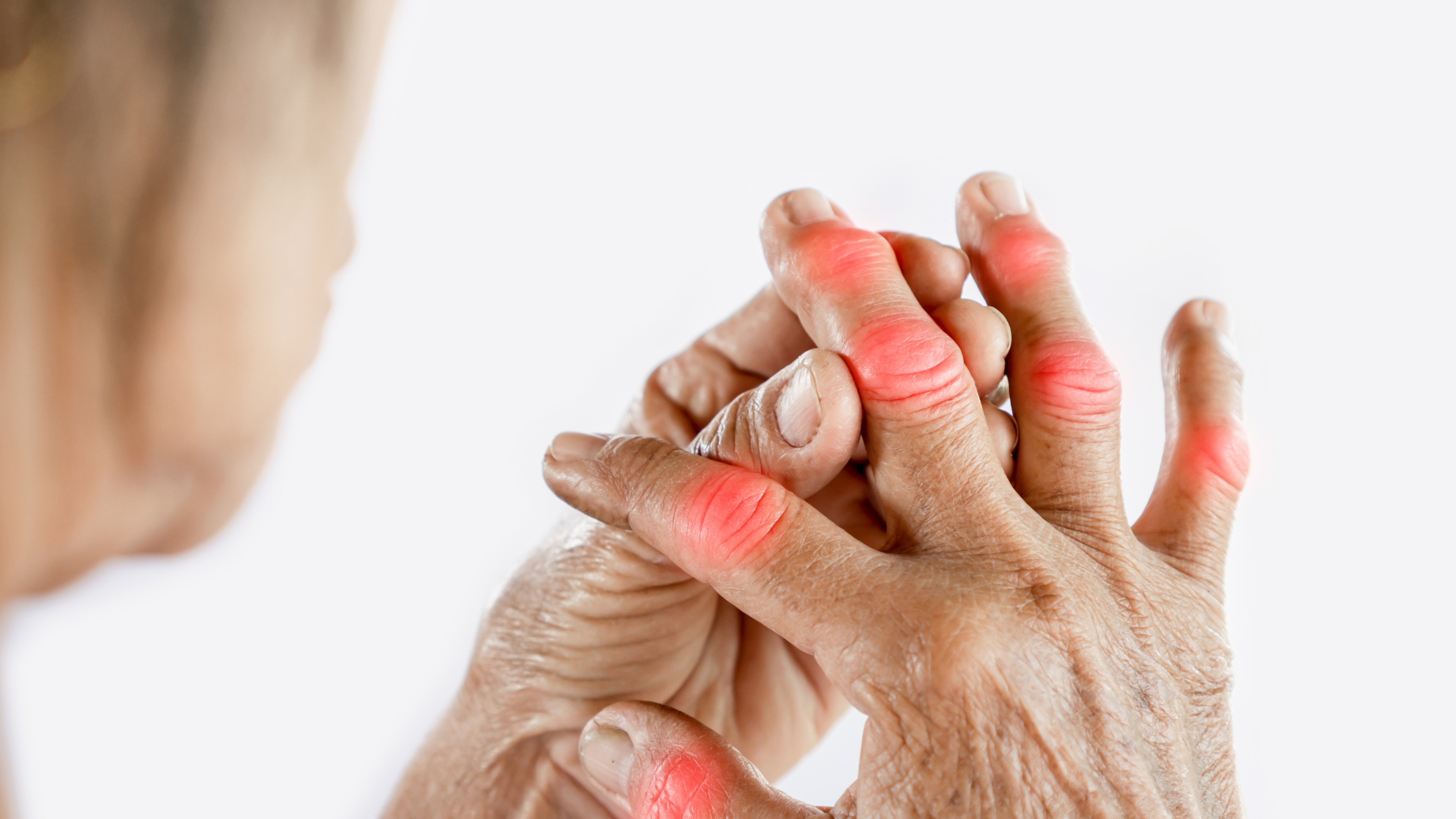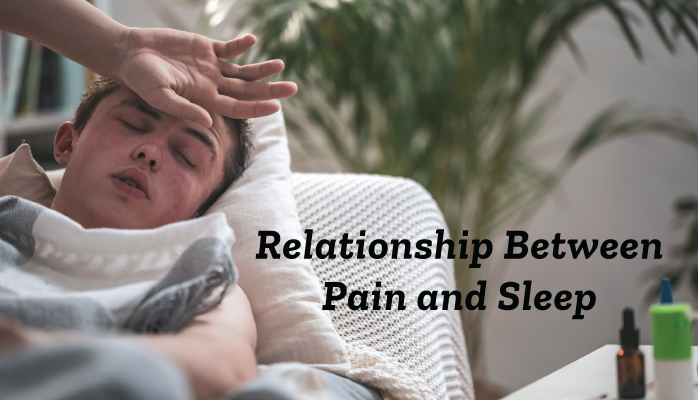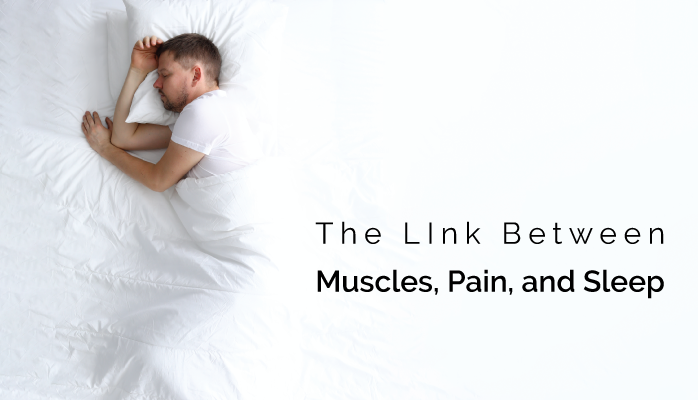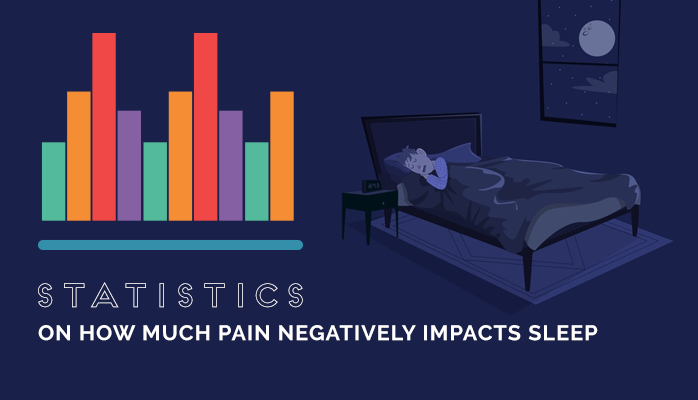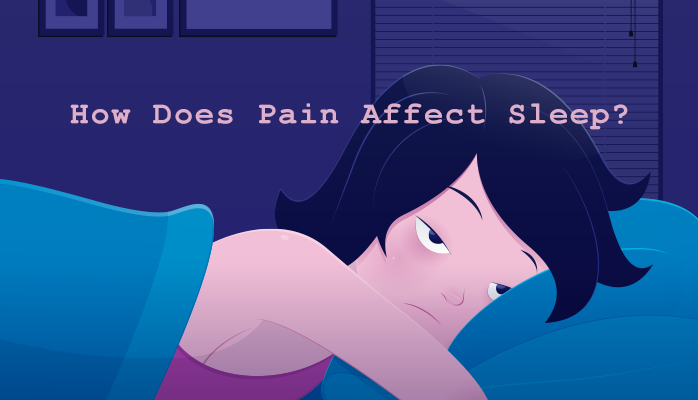Insomnia is a common symptom of multiple sclerosis, or MS. MS is an inflammatory disease that can become quite debilitating, including messing up sleep. Sleep deprivation can lead to daytime fatigue and low energy. Many experts believe that sleep-related disorders are direct consequences of the physical and emotional burden of MS. Continue reading to find out more about about MS and its impact on sleep, and how you can overcome these sleep issues.
Nerve pain has many causes, including diabetic neuropathy, trauma, sciatic, lupus, arthritis, and the list goes on. It is a very unsettling pain with very little relief. The pain can range from bothersome tingling to unbearable shooting pain down your leg. For some, this pain seems to intensify at night, making sleeping almost impossible.
The sad part about this symptom is that getting good sleep may actually buffer some of the pain from the neuropathy. So, if you are able to manage your sleep, then you may be able to reduce some of your pain. Continue reading to find out more about why your nerve pain is so poor at night and what you can do to get good sleep.
Fibromyalgia is a chronic disorder of widespread pain and stiffness in muscles and joints. About 4 million people in the US have fibromyalgia, and although the cause of this condition is unknown, patients can treat and manage their symptoms through medication, therapy and lifestyle changes.
Sleep disturbances are common in those with fibromyalgia. For some, a lack of sleep can actually exacerbate their pain symptoms and lead them to a vicious cycle of pain that ruins sleep and lack of sleep that increases pain. This can make life seem almost unbearable and ruin every aspect of one's life. However, by practicing good sleep hygiene and adapting healthy sleep habits, one can alleviate fibromyalgia-related sleep issues. Continue reading to learn how to manage fibromyalgia through sleep.
Osteoarthritis is a degenerative disease that involves certain joints and bones in various regions of your body. It can be very painful and discomforting, as well as debilitating. One way that it really disrupts life is by interrupting one's ability to sleep.
Sleep can be vital in the healing and rehabilitation process. However, the pain from OA can cause many barriers to getting that sleep. Continue reading for more information on the relationship between OA and sleep, and how you can get good rest if you do have OA.
Insomnia is the inability to go to sleep. Primary insomnia means there is no underlying reason why you cannot go to sleep, but you are simply having trouble getting a good night's rest. Secondary insomnia is an identifiable cause that is preventing you from going to sleep.
One common secondary cause is painsomnia. Painsomnia is a term that combines the words pain and insomnia, and refers to insomnia caused by pain. Paincan making sleeping almost impossible, as you are unable to relax enough to go to sleep. Not only does painsomnia make it impossible to sleep, but having a lack of sleep can make pain symptoms worse. So it very much is a double edged sword, the relationship between sleep and pain.
Continue reading to find out more about painsomnia and what are some steps you can take to reduce the disruptions you currently face.
Chronic pain involves discomfort, inflammation, and other chronic illnesses that impact everyday life. Not only does chronic pain impact daytime function, but also negatively impacts the body's ability to go to sleep. Here is some information on what chronic pain is, common sleep disturbances, and some coping strategies to deal with pain for better sleep.
How much pain are we in?
Pain-related sleep loss is a real thorn in the side of most adults in America. The 2015 Sleep in AmericaTM Poll found that 21% of Americans experience chronic pain. It also found that 36% of people have experienced acute pain in the last week.
The bottom line? It indicates that more people were in pain than weren’t in pain within the last week. If you are reading this, you are likely in the majority (pain) category.
The question is why we are in so much pain. Some common factors crop up:
- Desk jobs (sitting all day) is not good for our health
- We are spending record amounts of time sitting in front of screens rather than being active
- We have an epidemic of obesity, and weight is a strong contributing factor to chronic pain
- Stress is a considerable factor in people’s lives and also is a strong contributor to pain
- Sports and high activity leads to injuries
- Finally, some of us are unlucky with genetics and inherit weak backs, necks, knees, etc.
The question is, beyond being a nuisance in your life, what else is wrong with pain?
Pain is a common issue that many adults face, and it greatly impacts our quality and quantity of sleep. Chronic pain can really hinder your ability to get a good night’s sleep, which makes it harder to heal, and creates many types of complications. Here is an overview of how muscles and pain interact with sleep, and some tips for how to improve your sleep, even in the presence of pain.
Statistics on How Much Pain Negatively Impacts Sleep
The Pain Epidemic
In the United States, there is an epidemic of chronic pain. The 2015 Sleep in AmericaTM Poll found that 21% of Americans experience chronic pain. It also found that 36 percent of people have experienced acute pain in the last week. Some contributing to this pain epidemic are:
- Sitting all day at desk jobs is not good for our health
- Increased inactivity due to increased screen time
- Obesity
- Stress
- Injuries from sports and high activity
- Genetics and inherit weak backs, necks, knees, etc.
Obviously, pain is an issue because it makes life miserable.
How Much Are We In Pain?
Pain-related sleep loss is a common problem in society. The 2015 Sleep in AmericaTM Poll found that 21% of Americans experience chronic pain. It also found that 36% of people have experienced acute pain in the last week.
The question is why are people in so much pain? Some contributing factors include:
- Sitting all day at a desk is not good for our health
- Increased screen time leads to less physical activity
- Obesity epidemic
- Stress
- Sports and high activity that lead to injuries
- Genetics
With so many people experiencing pain, there is a high likelihood that they are also experiencing sleeplessness as pain and sleep are closely related. Continue reading to learn more about the impact of pain on sleep.


